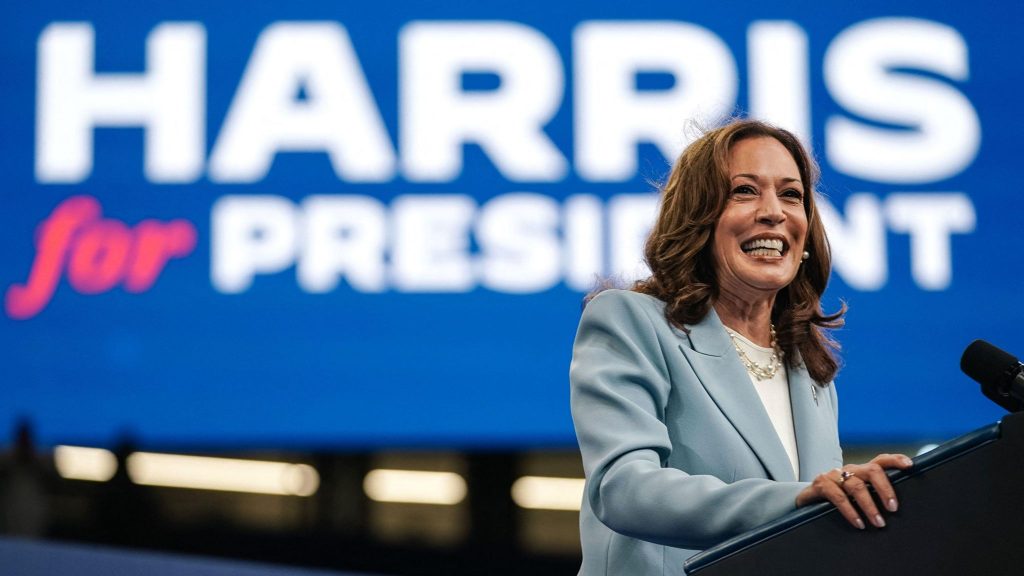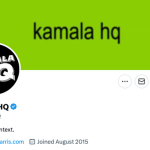By The Malketeer
Kamala Harris’s Campaign Manipulates Google Ads
Kamala Harris’s campaign has taken an eyebrow-raising approach to Google search ads, editing headlines and story descriptions from news outlets to cast the Vice President in a more favourable light.
According to a recent report by Axios, this tactic has been employed since August 3, with nearly a dozen news companies unknowingly having their content manipulated in this way.
But is this tactic crossing a line? Let’s break it down.
A Legal Gray Area: When Campaigns Edit Headlines
Legally, the Harris campaign isn’t doing anything wrong.
Editing headlines and descriptions in Google search ads is within the bounds of the law and doesn’t violate Google’s policies.
The ads are clearly marked as “Sponsored,” but the ethics of this practice are murkier.
Voters might not realise that the text accompanying these ads is written by the campaign, not the news outlets themselves.
For instance, one altered ad headline from the Associated Press read, “VP Harris’s Economic Vision – Lower Costs And Higher Wages,” with a description that painted an optimistic picture of the future.
Yet, these words never appeared in the original article.
Google’s Response: Nothing New, But Still Controversial
Google has defended the practice, stating that the ads are explicitly labeled as “Sponsored” and include “Paid for by” disclosures to make it clear who’s behind them.
According to Google, it’s common for advertisers to link to or cite external websites, including news sites, in their ads.
However, this isn’t the first time platforms have faced criticism for similar practices.
Facebook, for instance, banned advertisers from editing text in ads linking to news outlets back in 2017 to combat fake news and misinformation.
Trump Weighs In: A Familiar Battle Cry
Although the Trump campaign isn’t using this tactic, the former president wasted no time calling out Harris’s campaign and Google.
In a social media post, Trump accused them of manipulating stories, asking, “Is this legal?”
It’s important to note that while the Harris campaign is altering the way stories appear in Google search results, they are not changing the content of the stories themselves—a nuance that Trump’s critique seems to overlook.
News Outlets Push Back: Unaware and Unamused
The publishers whose content has been used in these ads are less than pleased.
The Guardian and the Associated Press, among others, expressed their concern, stating they were unaware of the practice and do not endorse it.
The Guardian’s spokesperson highlighted the need to protect the integrity of their brand, indicating that they would be seeking further information from Google.
While Harris’s campaign hasn’t broken any rules, the implications of manipulating search results to sway public opinion could be far-reaching.
As the controversy unfolds, it remains to be seen how this tactic will impact voter trust and media integrity in the digital age.
MARKETING Magazine is not responsible for the content of external sites.
Join the MARKETING HOME OF FAME at the Malaysian Marketing Conference Discovery Edition on May 9th.
Learn more at https://marketingmagazine.com.my/cmo2025/
Proudly sponsored by MRT Corp and Media Prima Omnia
For bookings: ruby@adoimagazine.com
BOOK SEATS NOW










